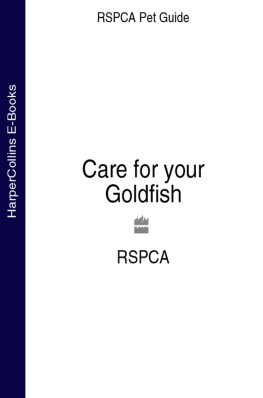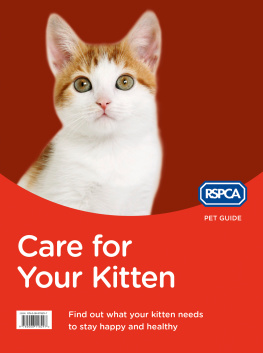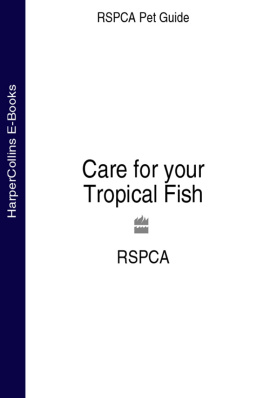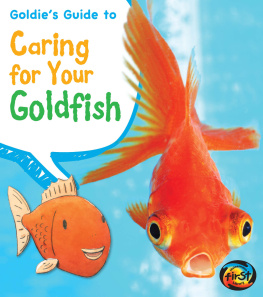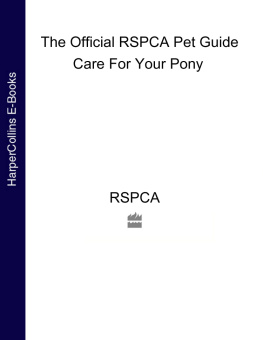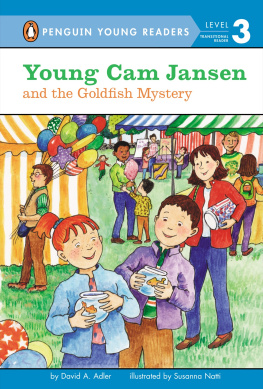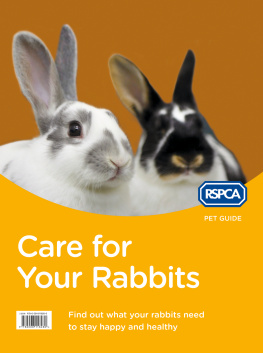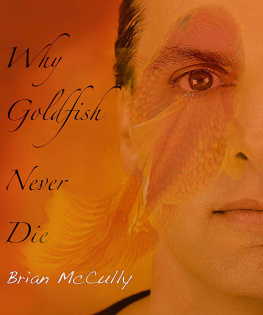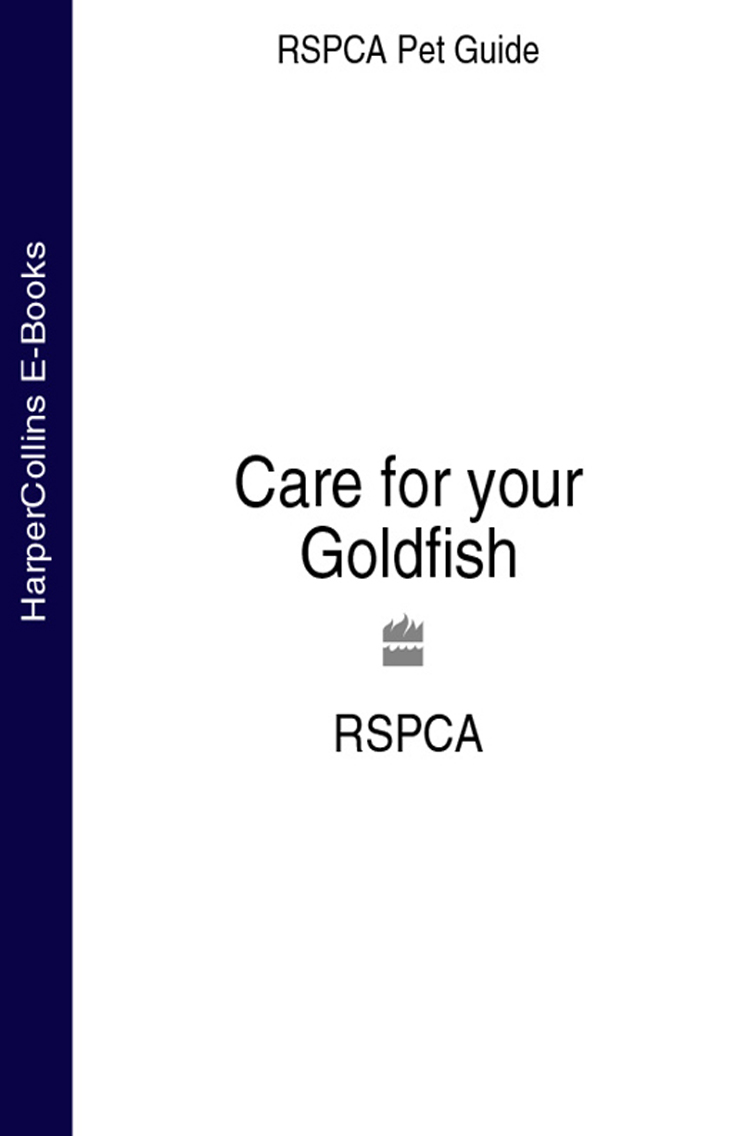
Contents

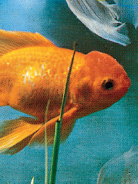
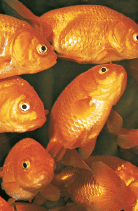
Owning goldfish is great fun but it is a responsibility. All animals need a regular routine and lots of attention. But, most importantly, pets need owners who are going to stay interested in them and committed to them all their lives.
Anyone who has ever enjoyed the company of a pet knows just how strong the bond can be. Children learn the meaning of loyalty, unselfishness and friendship by growing up with animals. Elderly or lonely people often depend on a pet for company and it has been proved that animals can help in the prevention of and recovery from physical or mental illness.
The decision to bring a pet into your home should always be discussed and agreed by everyone in the family. Bear in mind that parents are ultimately responsible for the health and well-being of the animal for the whole of its lifetime. If you are not prepared for the inevitable expense, time, patience and occasional frustration involved, then the RSPCA would much rather that you didnt have a pet.
Being responsible for a pet will completely change your life but if you make the decision to go ahead, think about offering a home to one of the thousands of animals in RSPCA animal centres throughout England and Wales. There are no animals more deserving of loving owners.
As for the care of your pet, this book should provide you with all the information you need to know to keep it happy and healthy for many years to come. Enjoy the experience!
Steve Cheetham MA, VetMB, MRCVS
Chief Veterinary Officer, RSPCA


The goldfish, which was first bred by the Chinese over 4,500 years ago, was introduced into Britain in the early eighteenth century. It remains the most popular of all the coldwater fish that can be kept in captivity. Since fish are dependent on dissolved oxygen for their breathing, it is vitally important that steps are taken to ensure that oxygen replenishment of the water is both plentiful and continuous.
Goldfish bowls, in this respect, are too limited in size to be satisfactory, as their oxygen supply becomes depleted so rapidly. A rectangular aquarium with a reasonably large surface area should be regarded as the minimum criterion of accommodation for goldfish which, despite growing to quite a large size, have a relatively modest oxygen requirement.
Prize goldfish
Sometimes, goldfish are won at ftes and fairs, and they are thus introduced to a family with no time for preparation. The practice of giving away live animals as prizes is not illegal, however distasteful it may be, but the mortality rate amongst such goldfish is high. In an attempt to be responsible, some stallholders may give the prize winners a small screw of paper which contains enough food to sustain a goldfish for the weekend. However, in the following 48 hours, it is more likely that the fish will die of suffocation or from sudden temperature fluctuations than starvation.
Those who accept goldfish as prizes should control their natural impulse to tip the new fish directly into a bigger container as soon as they get home. You should float the opened bag in the container for about 20 minutes until the two water temperatures are the same, then release the fish gently. Goldfish can accept a wide range of water temperatures but they must have time to acclimatize slowly; sudden changes of only a degree or so may be fatal.
Be prepared
Fortunately, most goldfish keepers, when deciding for themselves when they want to buy stock, will make adequate preparations in advance. Happily, it seems that there is always room for a pond, even in the smallest garden, and space for an aquarium, even in the most restricted accommodation.
Despite the tempting diversity found among the fancy varieties, the common goldfish, with its purity of line and extravagant colour, remains one of the most beautiful of all fish. The strong red-gold colour is always associated with the name, but many specimens are yellow-gold, and others show patches of silver or black.

Common goldfish
For the novice fishkeeper, the common goldfish is the most suitable choice. The fancy varieties have been weakened, in some respects, by selective breeding which concentrates on certain characteristics of form and colour; the common goldfish retains the basic hardiness of the species.
Until they measure 12 cm (5 in) the common goldfish are suitable for keeping in an aquarium, together with similarly sized fish of the Comet, London Shubunkin and visibly scaled Fantail varieties. Over this size, all these would be too confined in a tank. They need the freedom of a garden pond, which they are hardy enough to tolerate all year round except in extreme climates.
In five years, the common goldfish may have reached a length of 20 cm (8 in) in favourable conditions; some fish will eventually attain 40 cm (16 in) in length and an age of some 25 years.
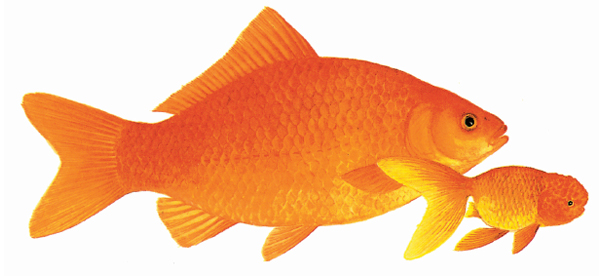
Although the single-tailed Common Goldfish and the twin-tailed Lionhead are, scientifically speaking, identical species (Carassius auratus auratus), intensive breeding by aquarists has brought about the startling differences to their appearance.
Single-tailed varieties
The first developments away from the common goldfish resulted in some interesting single-tailed varieties, with bigger caudal fins, and the existence of metallic (totally reflective), nacreous (semi-metallic) or matt (transparent) scales allowed other colours to be seen.
The Comet
As befits its sleek looks, the Comet is capable of swimming very fast over short distances. The large caudal fin is often over half the body length again. Although plain yellow Comets are the most common, red-topped, white-bodied fish are becoming very popular. Comets may be kept out in a garden pond all year round; they often reach 14 years of age.
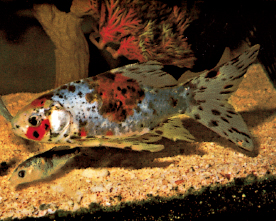
The distinctive red-topped Sarasa Comet can be kept outside in a pond all year round.
London and Bristol Shubunkins
Shubunkins are renowned for their incredible blue colour, mottled with black, red, brown, yellow and violet. London Shubunkins are, to all intents and purposes, coloured, non-metallic-scaled versions of the common goldfish. The heavy-lobed caudal fin and deeper body is typical of the Bristol Shubunkin. The London may overwinter in an outside pond but the Bristol is generally brought indoors.

